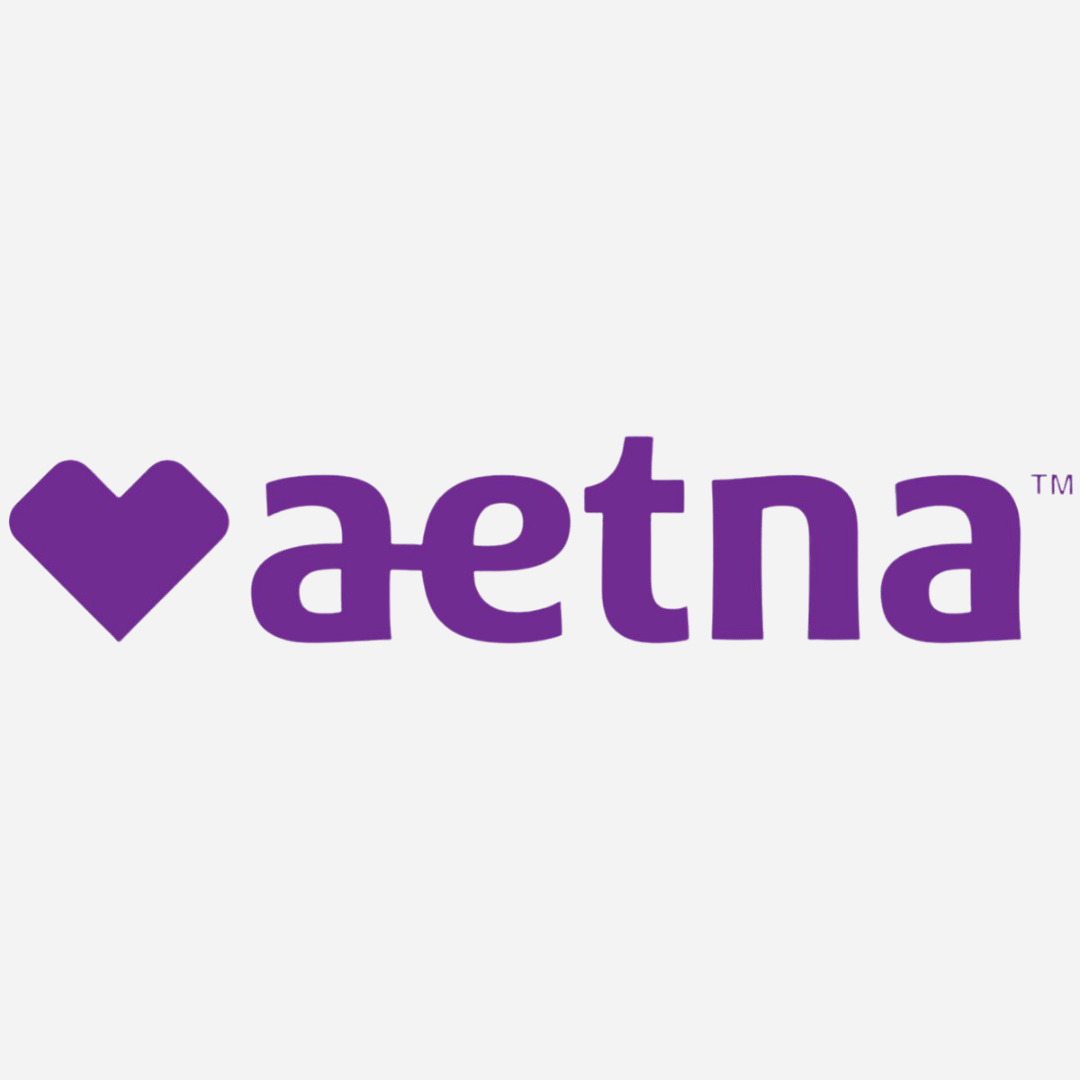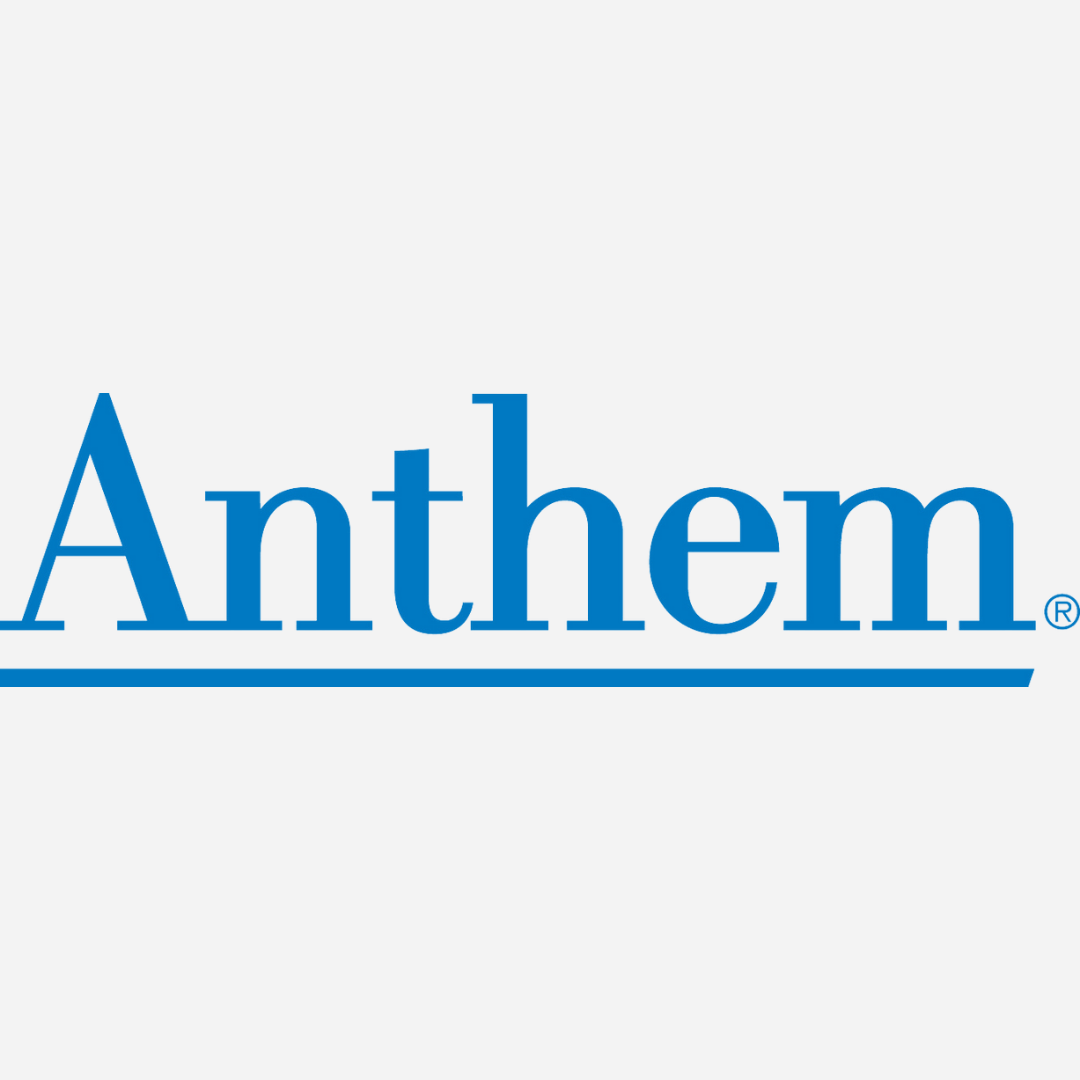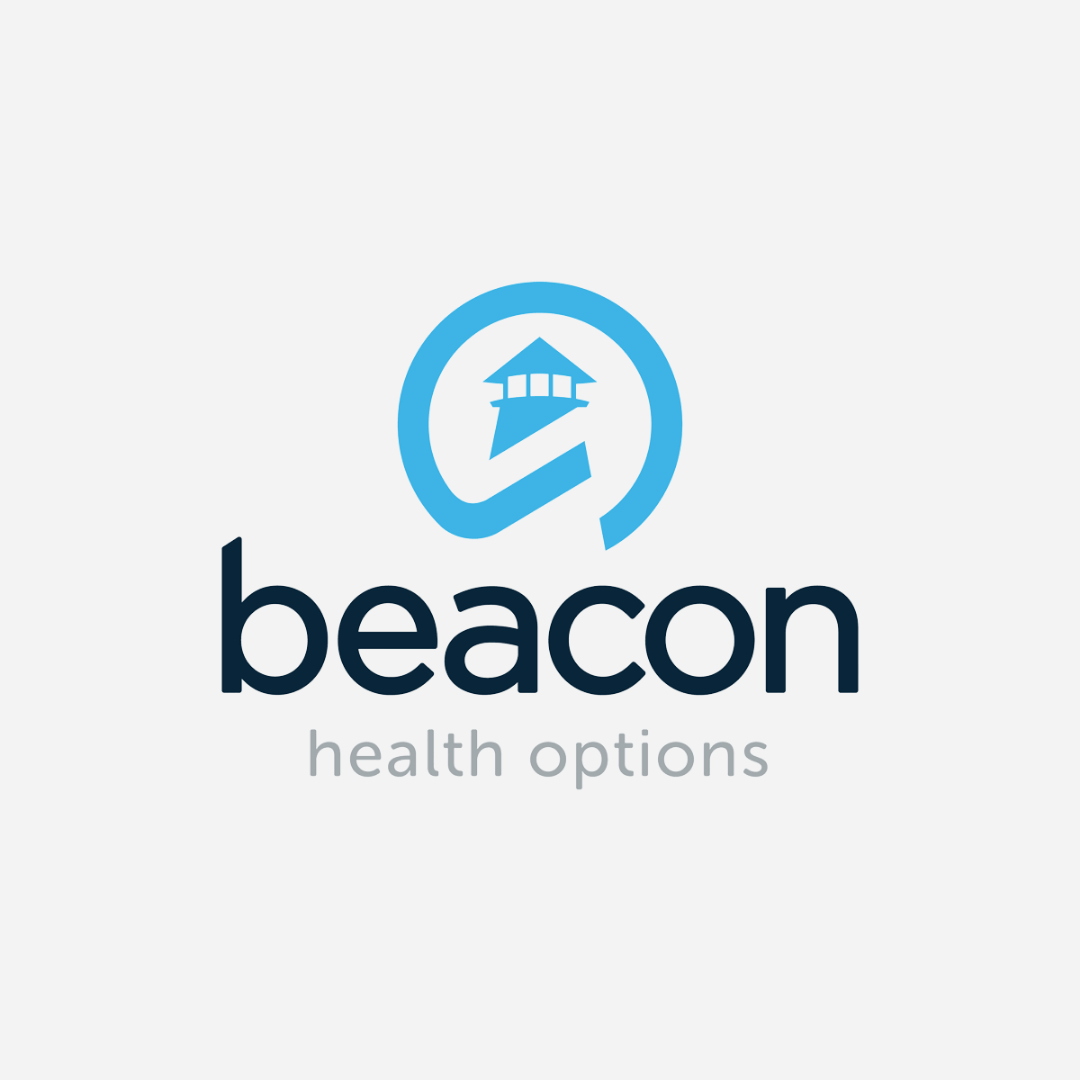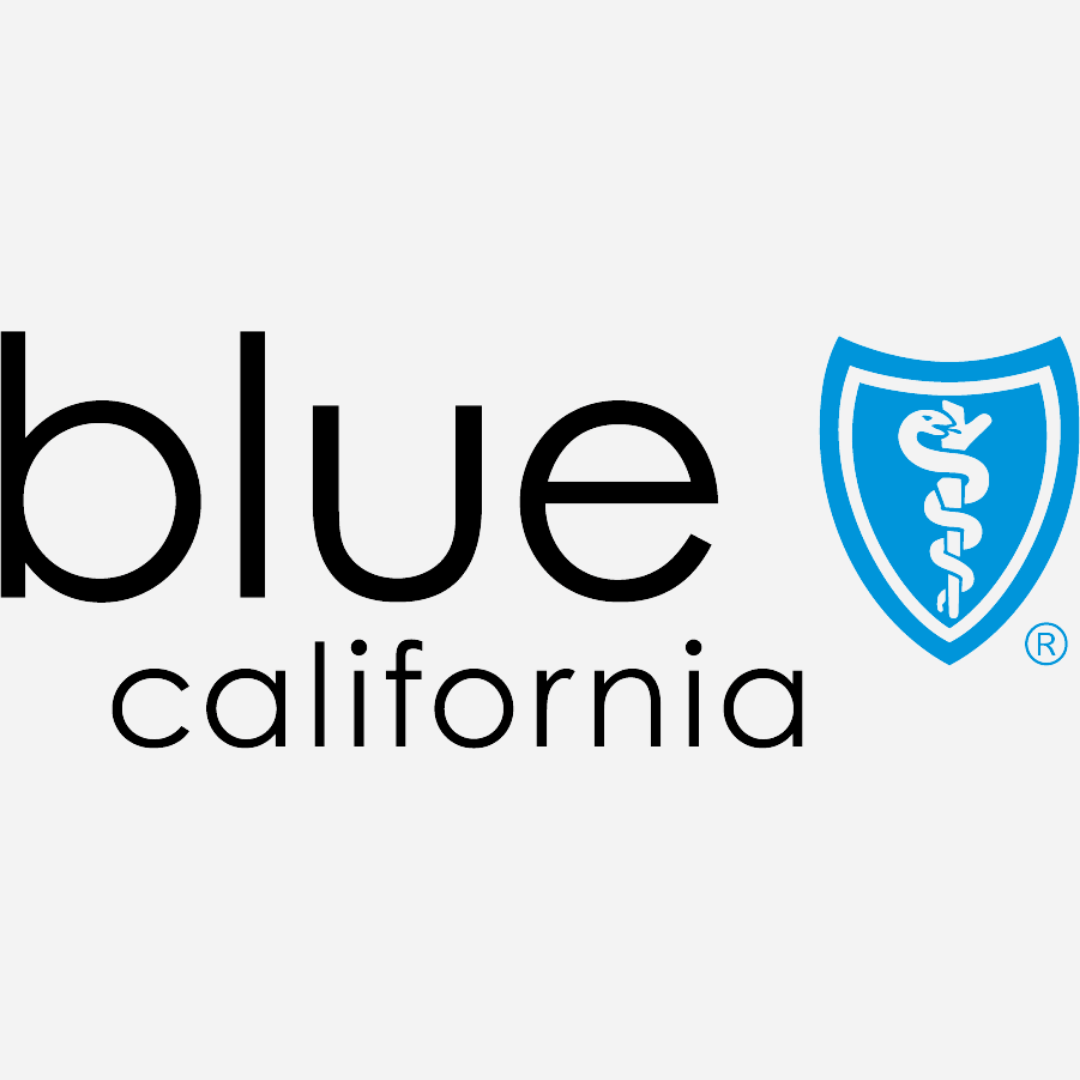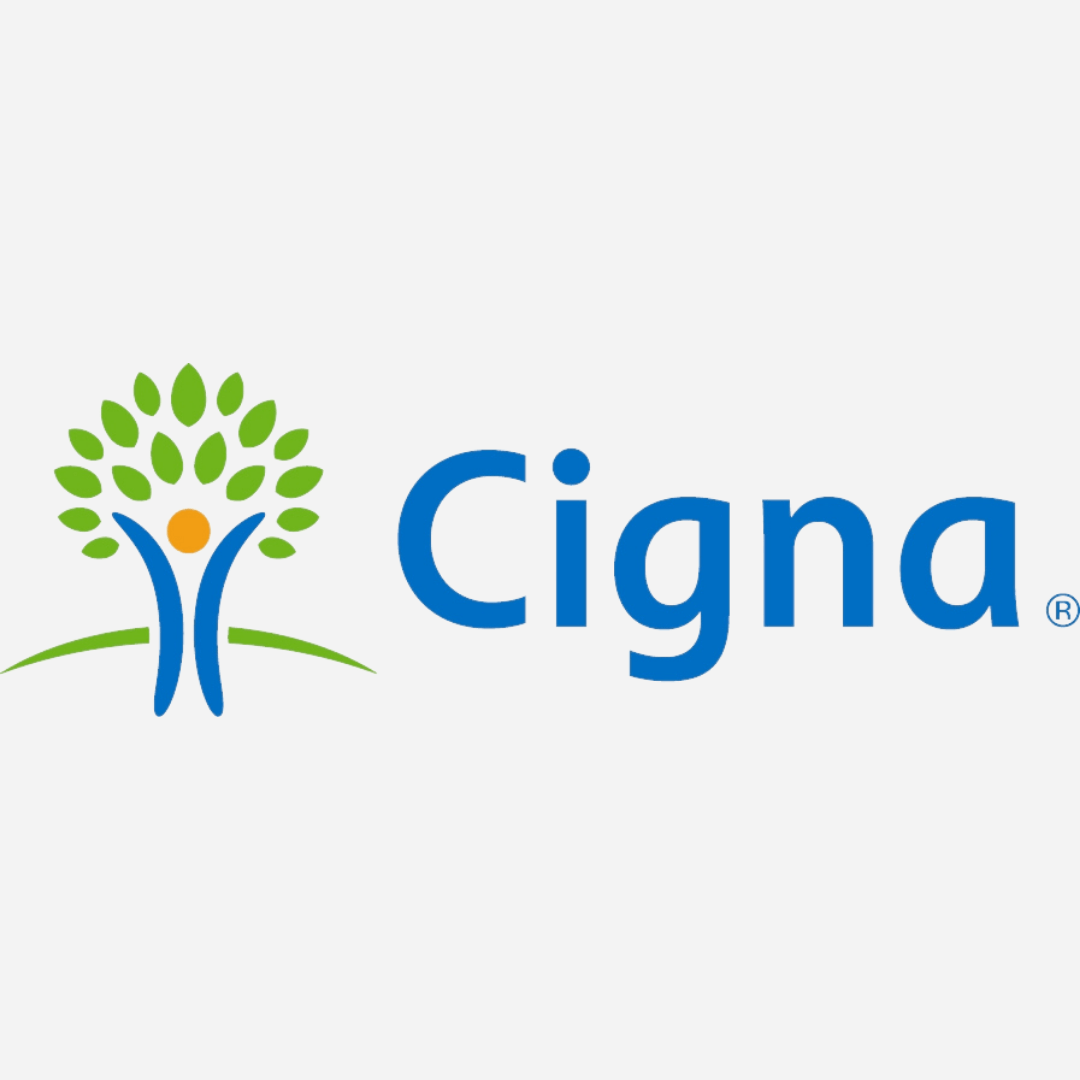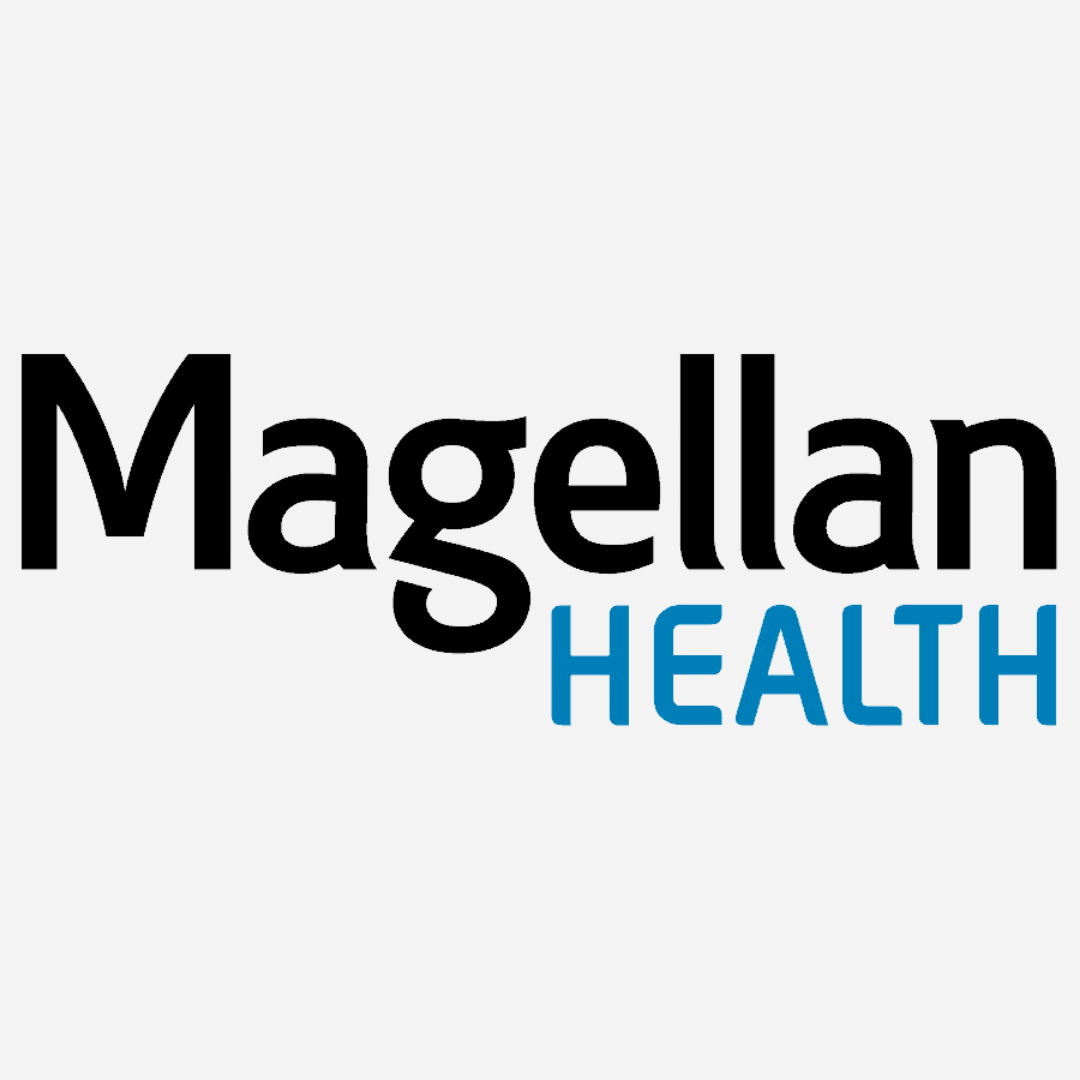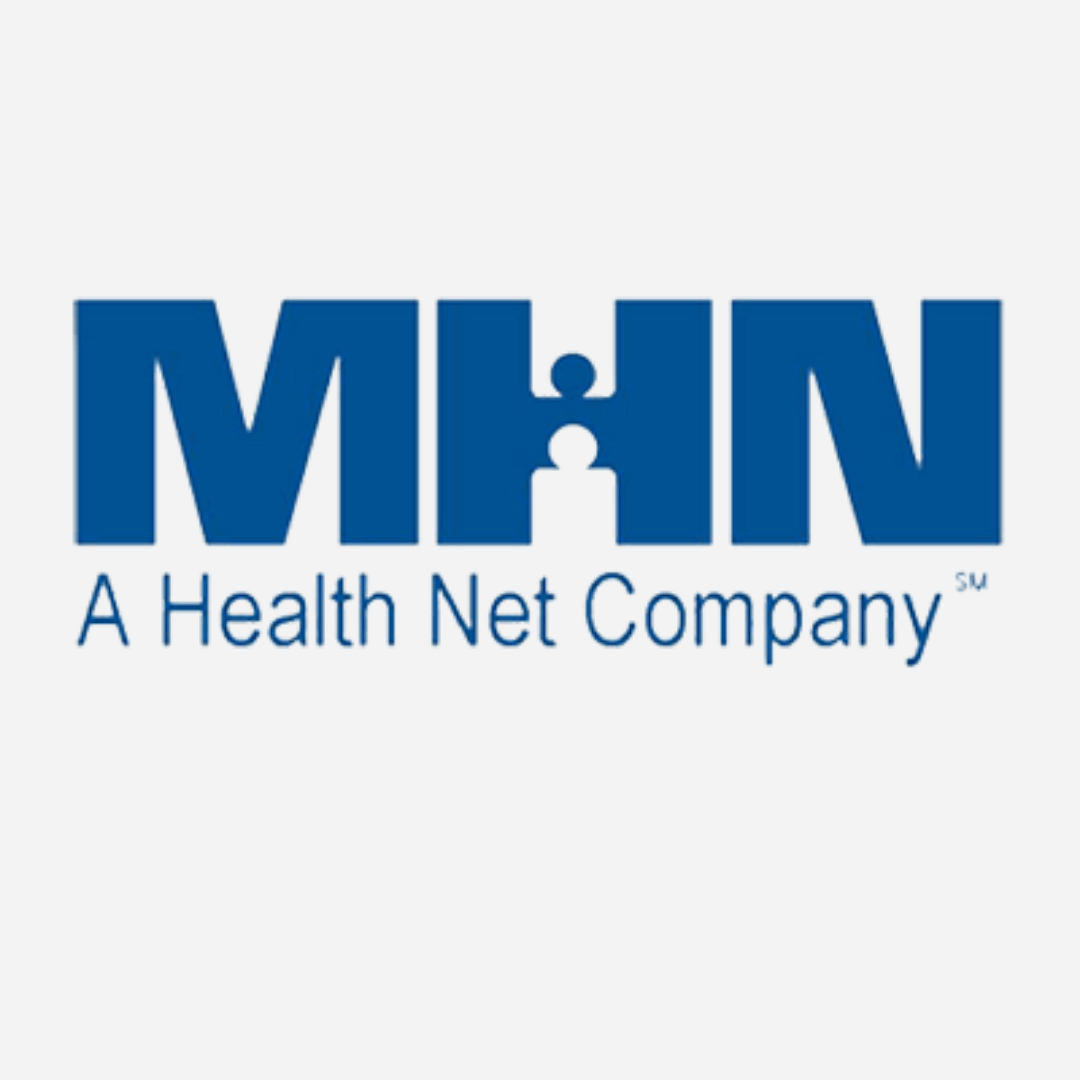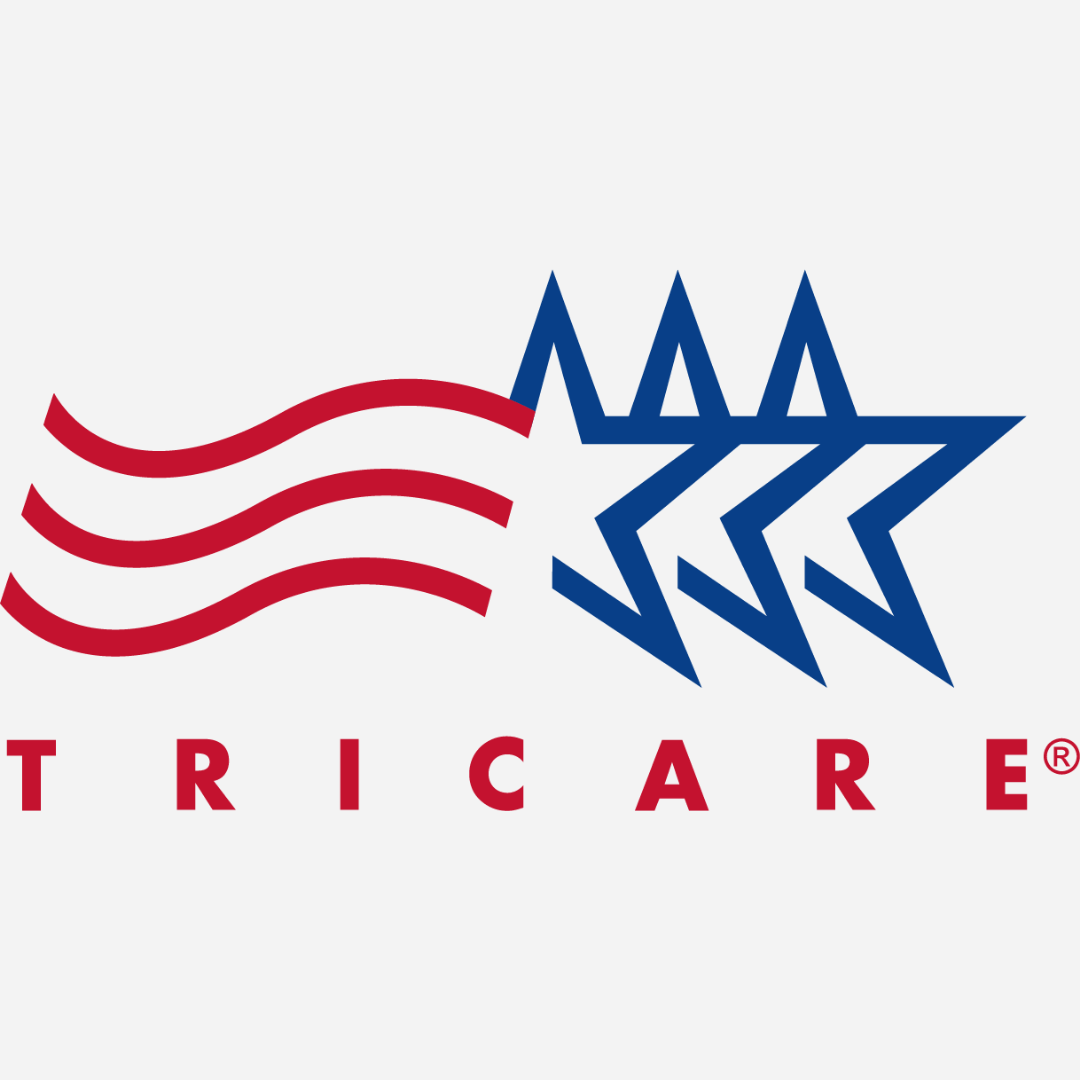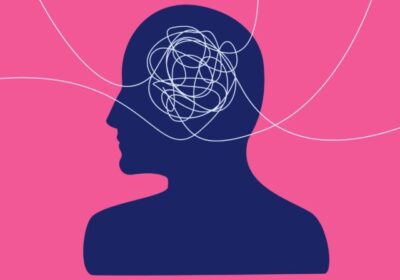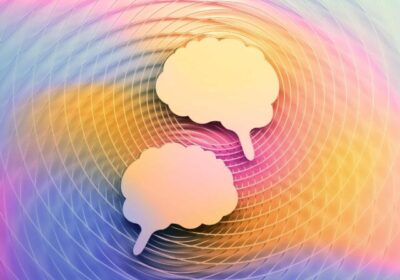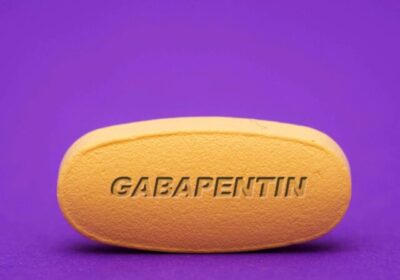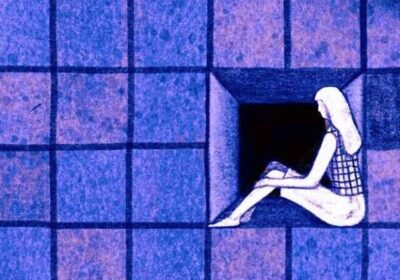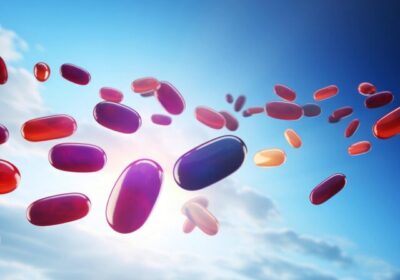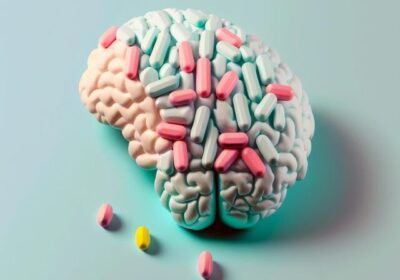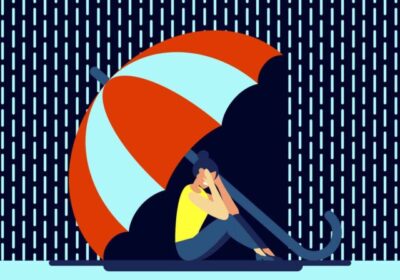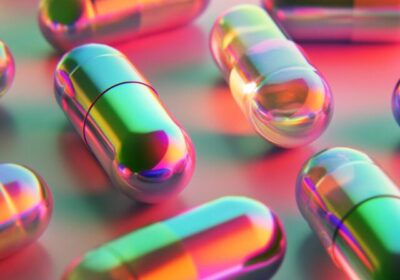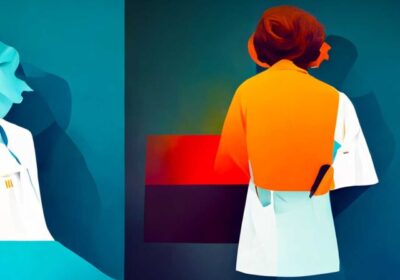Depression Treatment in Los Angeles
Depression, also known as major depressive disorder, is a common and serious medical illness that negatively affects how you feel, the way you think and how you act. Although depression is highly treatable, many people struggling with their mental health go a long time between developing symptoms and receiving appropriate treatment and support. At Neuro Wellness Spa, our no-pressure psychiatrists in Southern California can work with you to figure out whether oral antidepressants or an alternative depression treatment, like TMS therapy might work best for your unique symptoms and health goals.
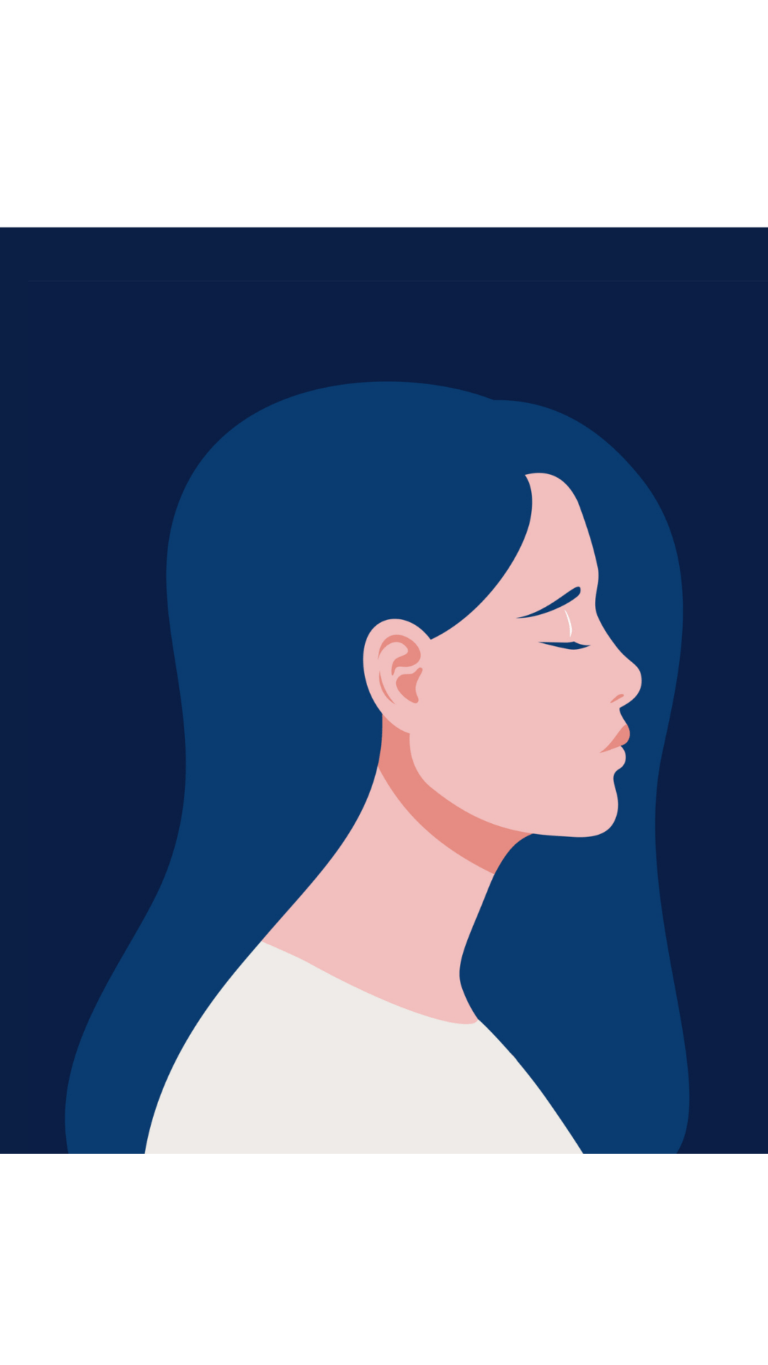
What Is Depression?
Depression is an extremely common mental illness. In fact, studies have shown that 1 in 6 people will be diagnosed with depression in their lifetime. Although depression symptoms can vary from person to person and can range in severity from mild to severe, depression symptoms typically involve a persistent feeling of sadness, hopelessness, and/or fatigue that lasts for weeks or even months. There is no one cause for depression. Instead, there are various underlying genetic, biological, psychological and environmental factors that can influence your risk of developing depression. These include:
- Genetics. Depression, like many other mental health disorders, runs in families. People with blood relatives that have had depression are more likely to have it themselves.
- Biochemistry. Chemical imbalances in the brain have long been thought to contribute to depression and are the target of many medication treatment options.
- Environment. Exposure to violence, abuse, neglect, poverty, substance use disorders, death or loss, major life events, recreational drugs and certain medications may contribute to depression.
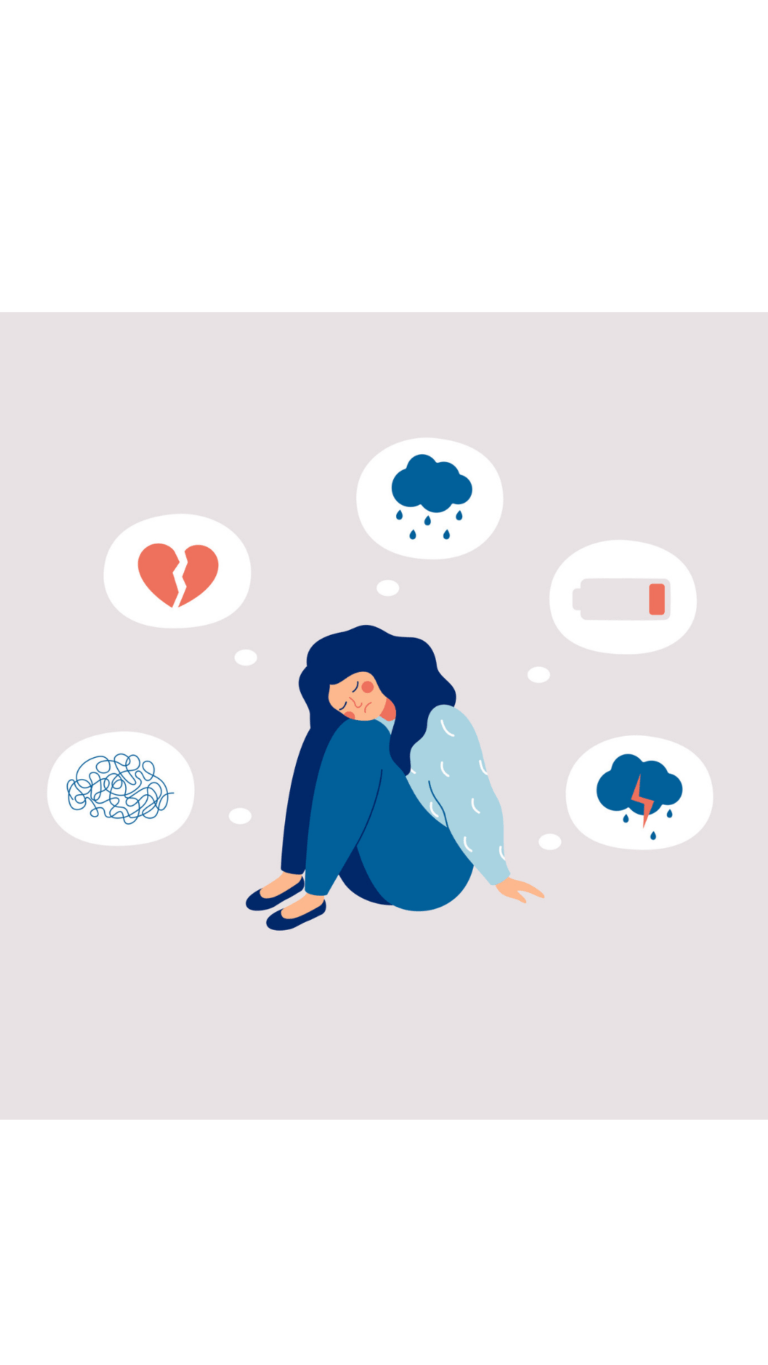
Signs and Symptoms of Depression
Depression manifests itself in a variety of different ways. Symptoms of depression and their intensity can vary from person to person. Some people experience many symptoms while others only experience a few. Some common symptoms of depression include:
- Persistent feelings of sadness, hopelessness, or emptiness
- Loss of interest or pleasure in activities that were once enjoyable
- Changes in appetite or weight
- Sleep disturbances (insomnia, hypersomnia)
- Decreased energy or fatigue
- Feelings of worthlessness or guilt
- Difficulty concentrating or making decisions
- Thoughts of death or suicide
Early intervention can make a big difference by saving a person and their loved ones from stress, developing more serious symptoms, and reducing the likelihood of problems with work, family, school and substance misuse.
How Do I Know if I Have Depression?
It’s probably time to schedule a mental health check up if you’re having thoughts, emotions or behaviors that are affecting your relationships, your work or your sense of well-being. Especially if you are experiencing symptoms of depression that persist for two weeks or more, it’s important to speak with your healthcare provider. Like many mental disorders, clinical depression doesn’t just affect your mood—it can also cause physical symptoms. In fact, clinical depression, also called major depressive disorder, is often accompanied by physical symptoms such as fatigue, headaches, and body aches.
Getting timely and appropriate help for a mental health issue like depression can make a big difference. Psychiatrists and psychiatric nurse practitioners (NPs) can help you understand your symptoms and choose the best treatment option for your health goals. If you are diagnosed with depression, they will discuss treatment options with you. These options may include therapy, lifestyle changes, antidepressants, TMS, IV ketamine, Spravato and more.
Depression Statistics in Los Angeles and the United States
People living in Los Angeles County are deeply affected by depression. From environmental influences to social factors, mental illness is very common in this area. In fact, a 2015 Los Angeles County Department of Public Health survey, reported that 9% of Los Angeles County residents have been diagnosed with some form of depression.
In 2017, there were 891 suicides reported in Los Angeles county. Feelings of hopelessness or suicidal thoughts can co-occur with depression and they are more common than most people think. One in 10 adults will experience suicidal thoughts at some point in their lifetime. It is crucial to seek help. If you’re not sure where to start, ask for help from friends, family members, loved ones, adults you trust and mental health professionals like therapists, psychiatrists or school counselors. If you don’t know where to begin, call the National Suicide Prevention Hotline by dialing 988. Be direct. Say things like, “I am having suicidal thoughts. I want to talk about it but I’m not sure how.”
Research shows 1 in 10 Americans utilize some form of antidepressant medication. However, antidepressant medications are not effective and tolerable for everyone. Side effects of antidepressants may include:
- Nausea
- Weight gain
- Constipation
- Sexual dysfunction
- Insomnia
- Fatigue
How we treat depression at Neuro Wellness Spa
There are many different treatment options that can be used to combat depression. First-line treatments for depression typically include lifestyle changes, talk therapy and psychiatry for medication management. However, only approximately 30% of people with depression fully respond to those conventional treatments including common depression medications like selective serotonin reuptake inhibitors (SSRIs), norepinephrine reuptake inhibitors (SNRIs), monoamine oxidase inhibitors (MAOIs) and tricyclic antidepressants (TCAs).
If you’ve tried medications or talk therapy and are experiencing lingering symptoms or unwanted side effects, you’re not alone. There are many alternative ways to treat depression that can help you ditch the side effects and beat even the toughest depression symptoms or severe depression.
TMS, or transcranial magnetic stimulation, is one highly effective treatment alternative for depression with little to no side effects that is covered by most insurance. Depression is a real illness, and there are many ways to treat depression beyond oral medications and brain stimulation therapies that can help.
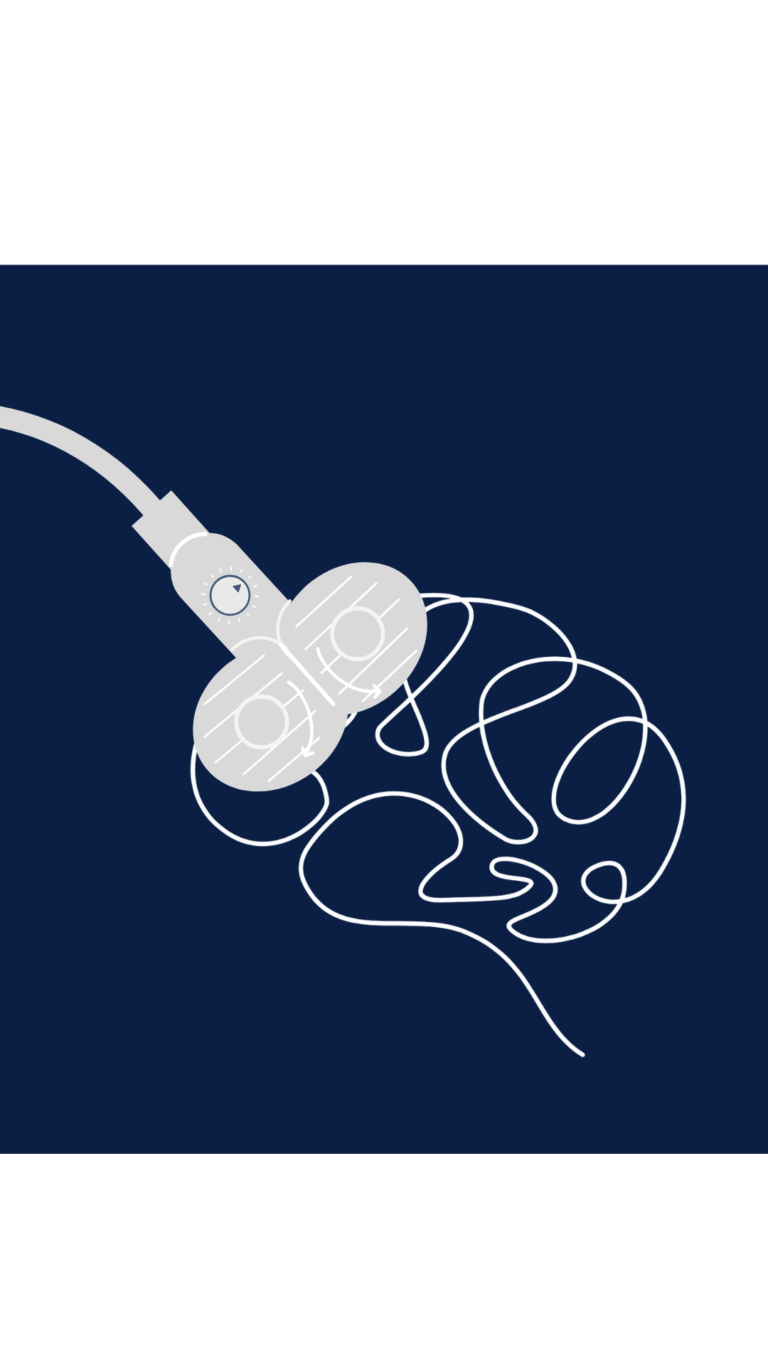
How Is Depression Treated with TMS Therapy?
Transcranial magnetic stimulation (TMS) uses gentle magnetic pulses to stimulate specific areas of the brain responsible for mood. TMS is non-invasive (does not require surgery), non-systemic (does not affect the entire body) and well-tolerated. TMS therapy is FDA approved, and can be used alone, or in conjunction with talk therapy and medication.
During TMS treatment, patients recline in a treatment chair and remain awake and alert. A TMS magnet is positioned over the patient’s head to deliver gentle pulses to specific areas of the brain. Patients report that the pulses feel like taps on the head. Each treatment session lasts about 20 minutes, after which patients can immediately return back to their daily routines.
TMS is well tolerated. Sometimes patients experience mild scalp discomfort or mild headache during active treatment. Most patients notice symptom improvement with TMS after 2 weeks of treatment (8-10 sessions).
Antidepressants and talk therapy aren’t your only option.TMS could be your next step. Unlike medications which can take 6-8 weeks to exert their full effects, most patients experience improvement in 2 weeks with TMS therapy.
Plus, TMS therapy is covered by most insurance, including Aetna, Anthem, Blue Cross Blue Shield, Humana, United Healthcare, and others.
Start Treatment for Depression in Los Angeles Today
Our Locations

Pasadena
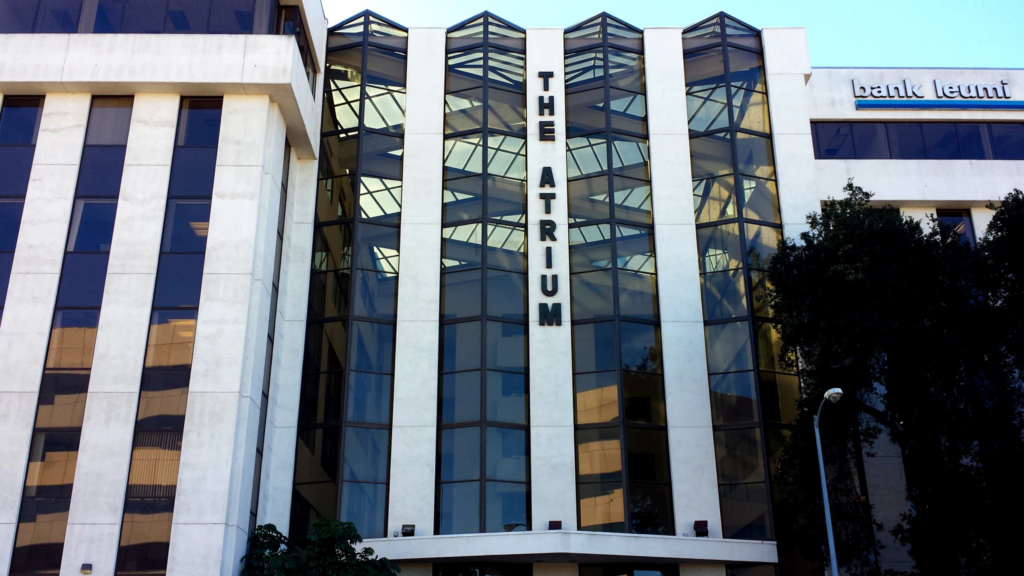
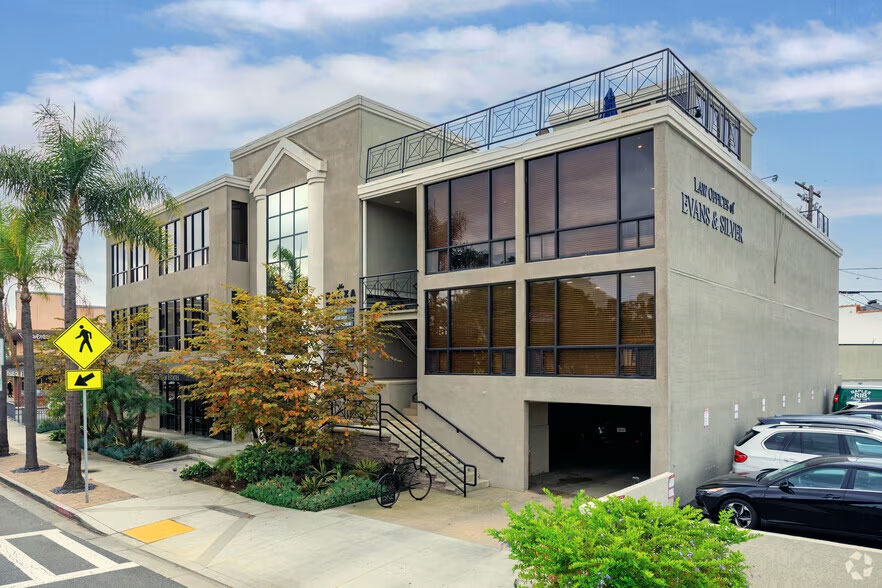
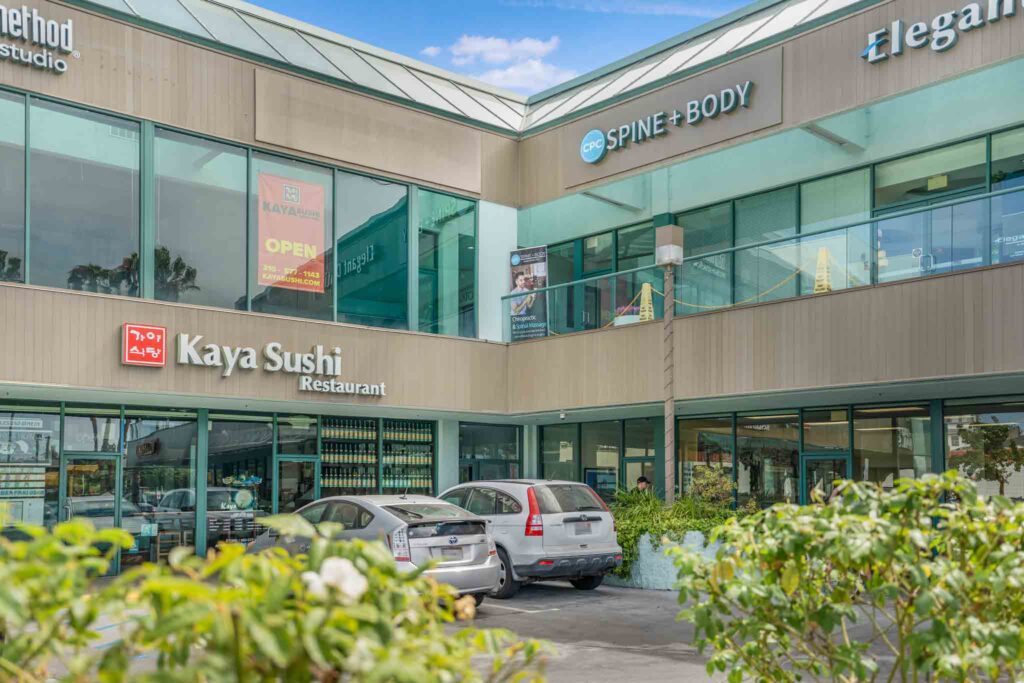
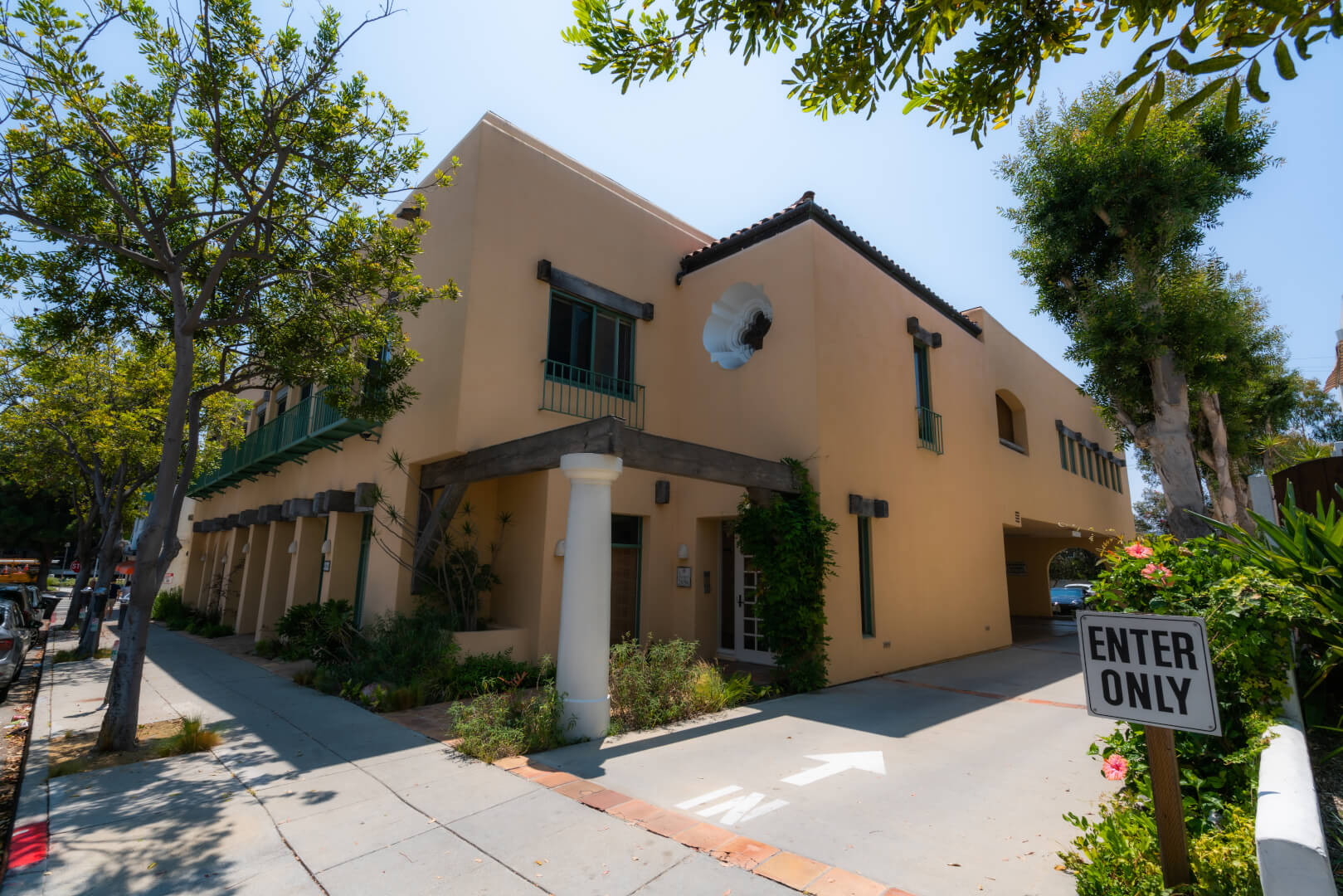
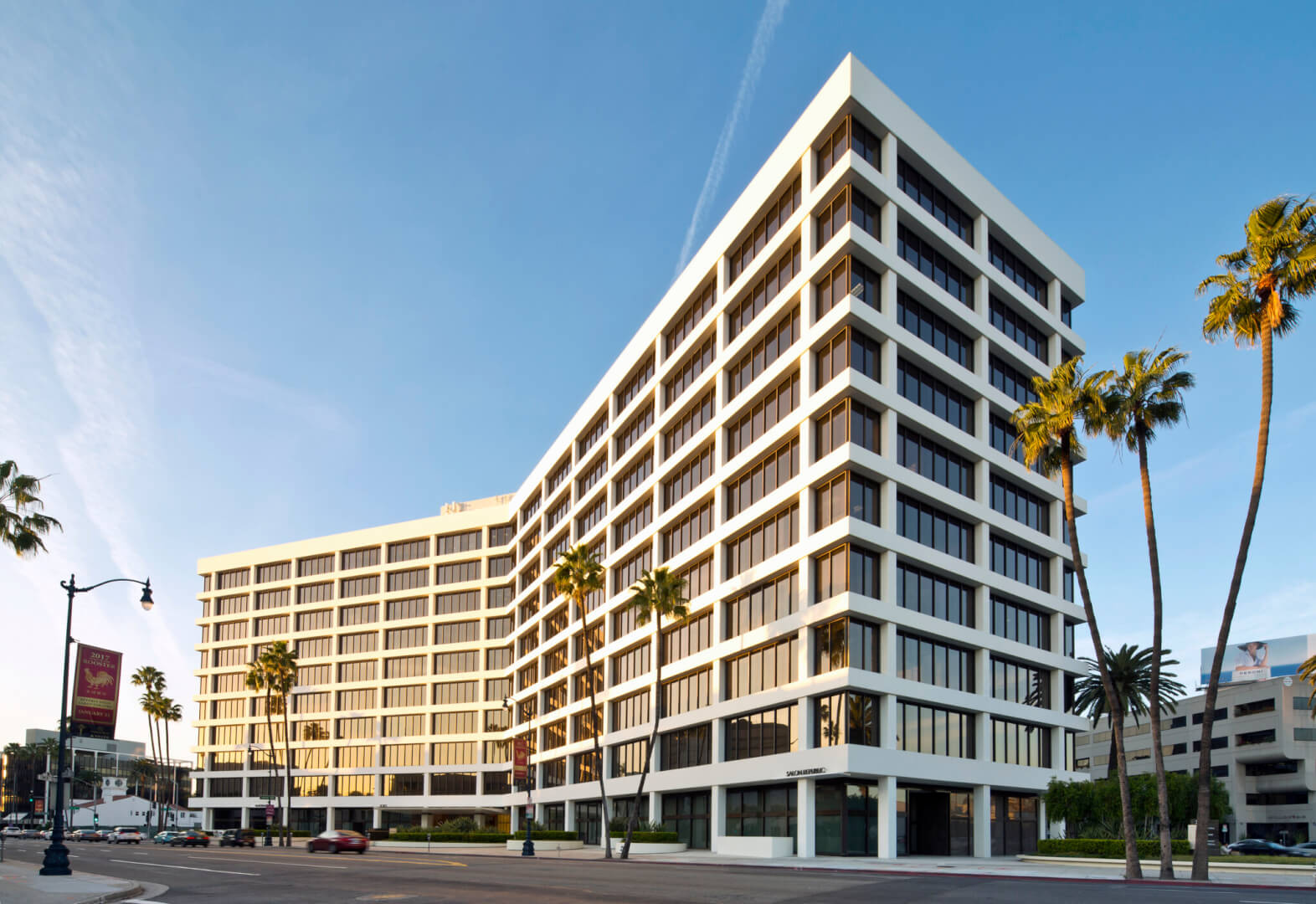
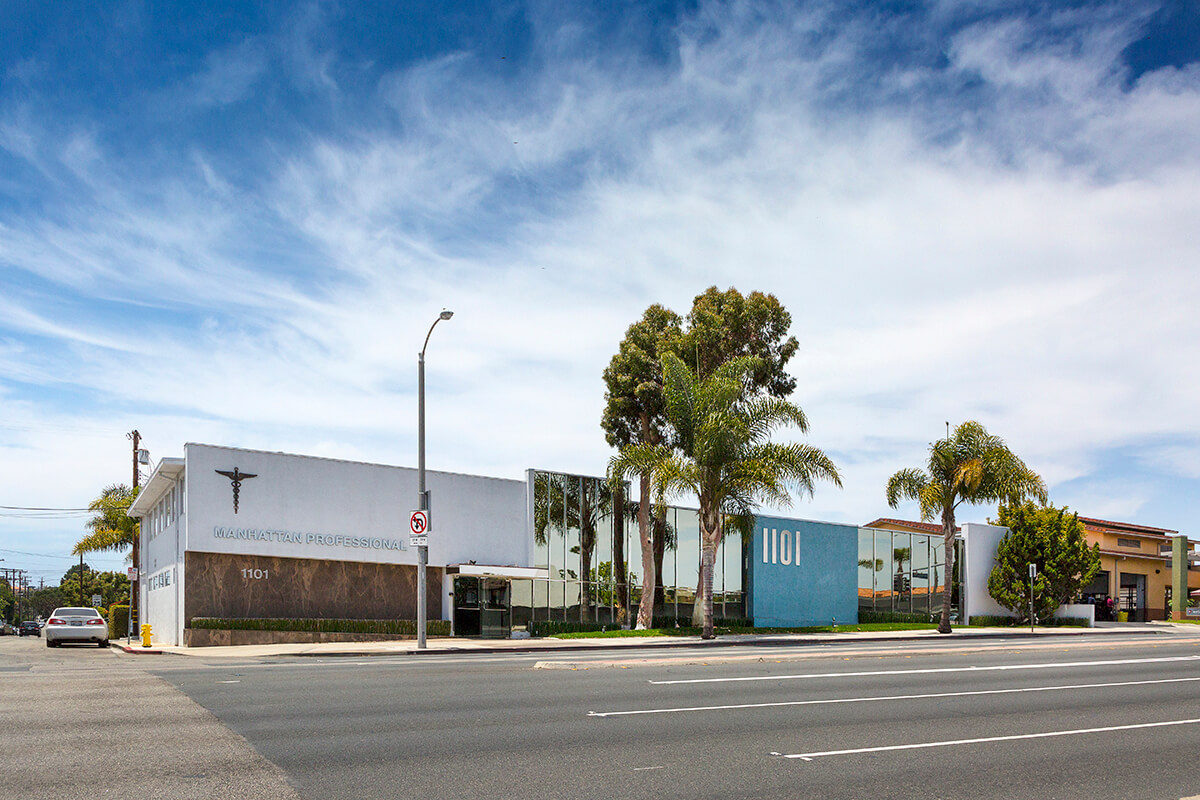
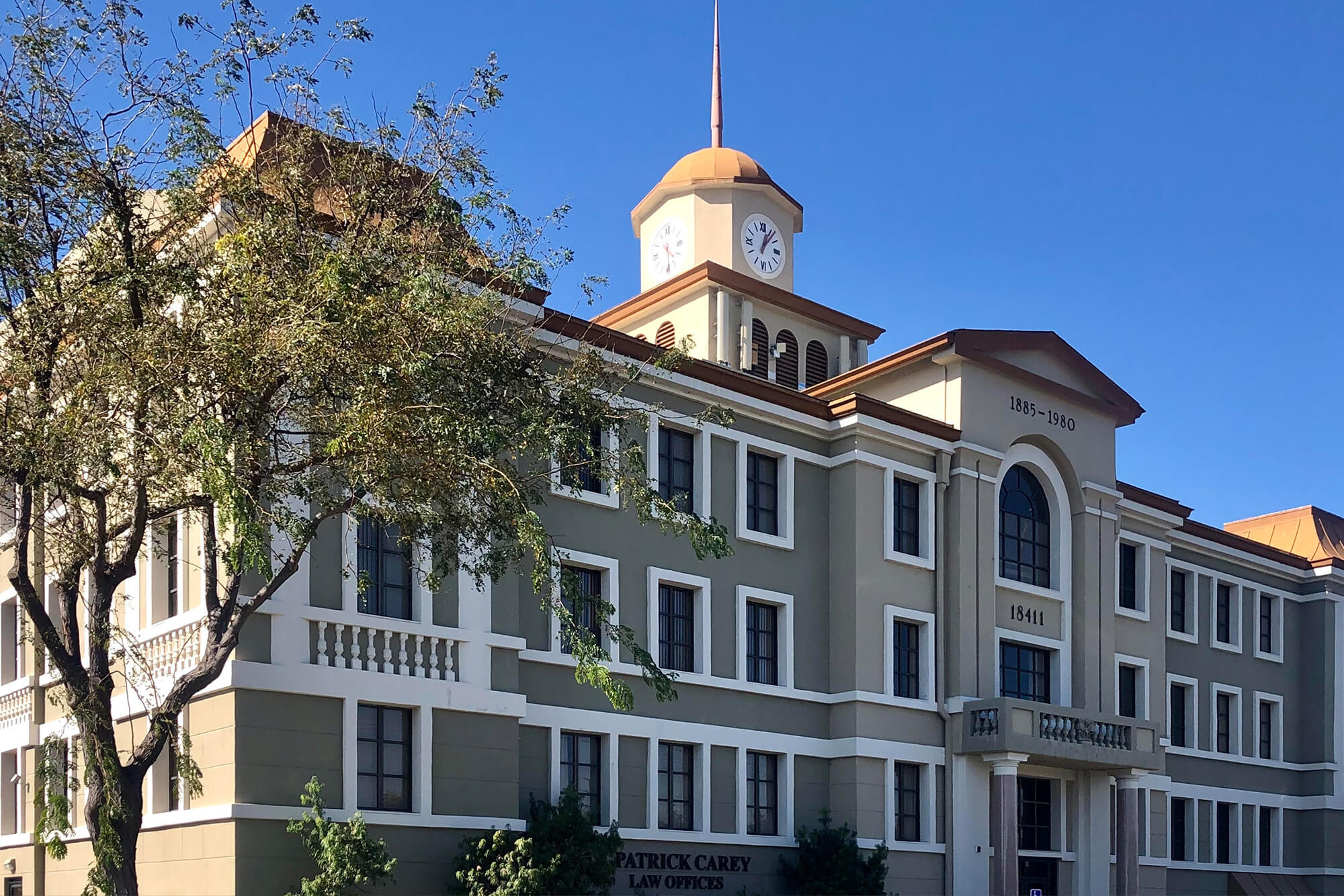
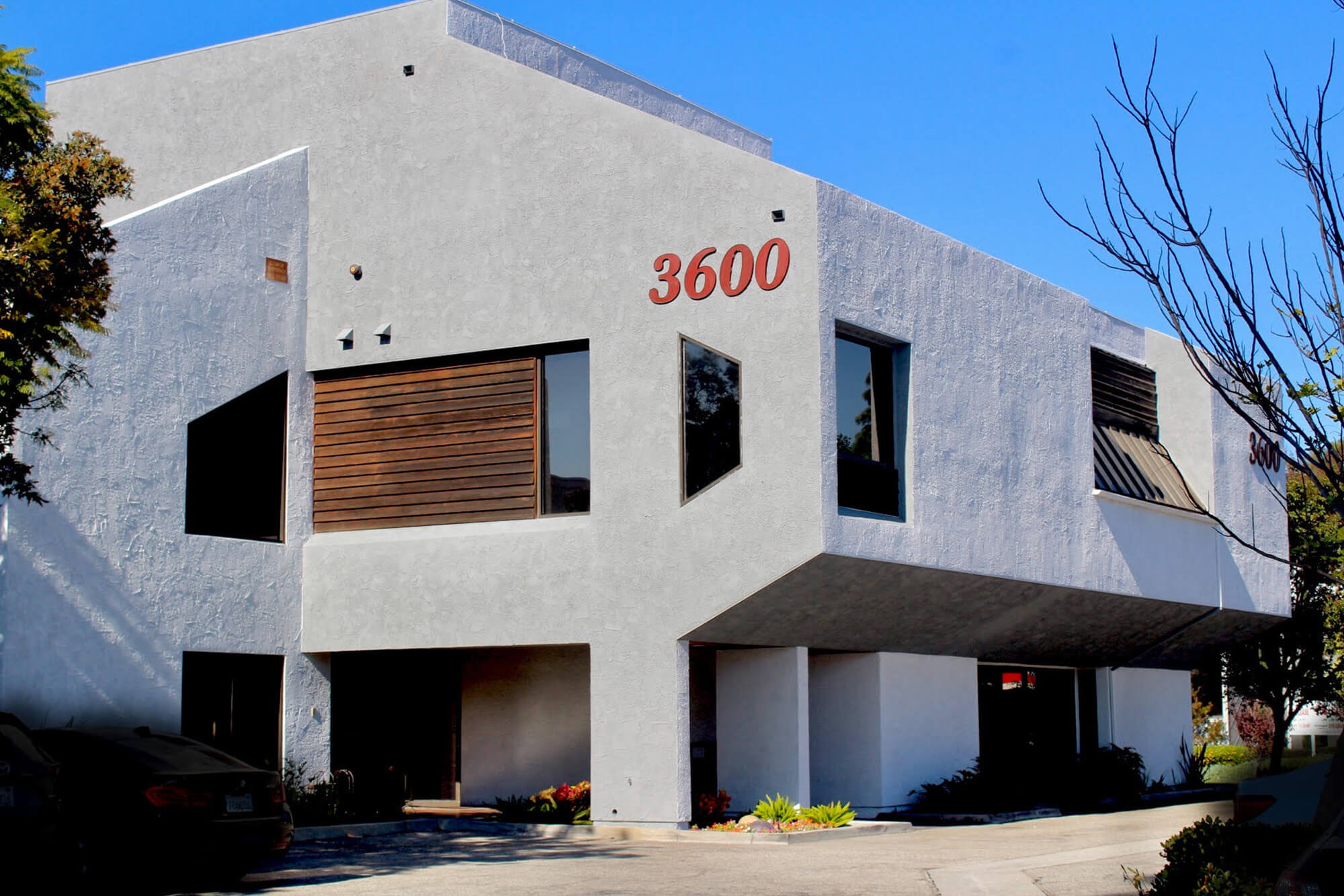
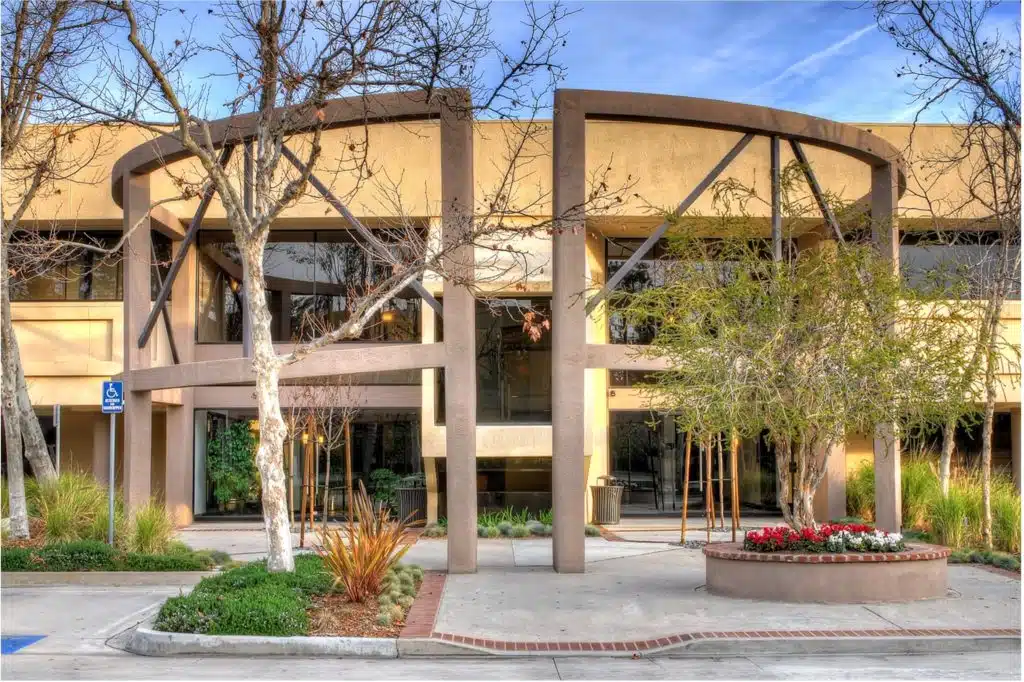
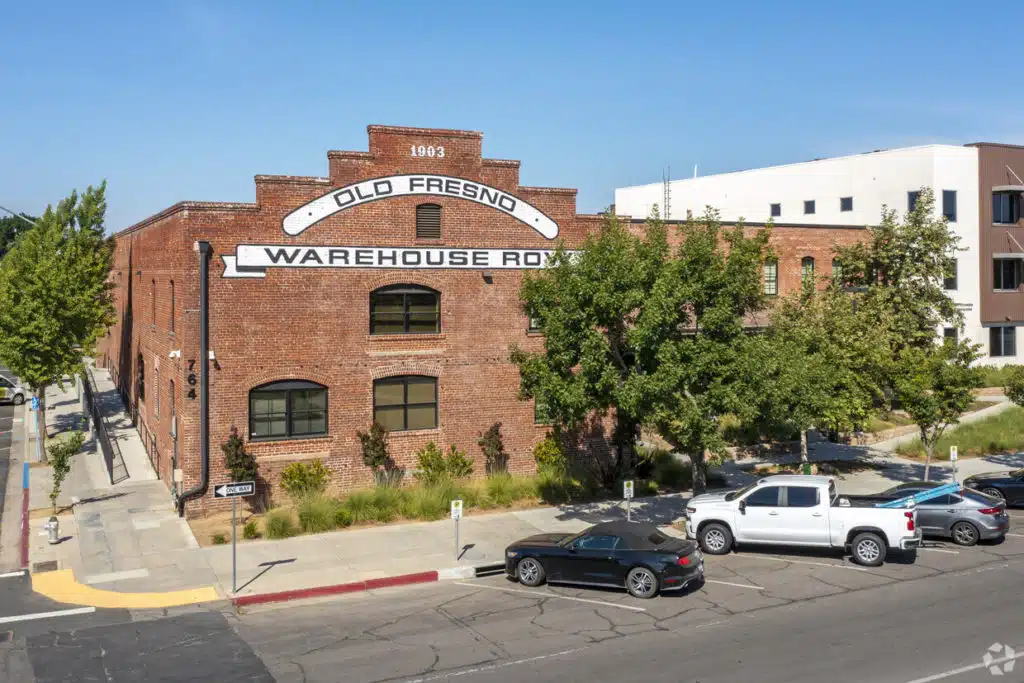
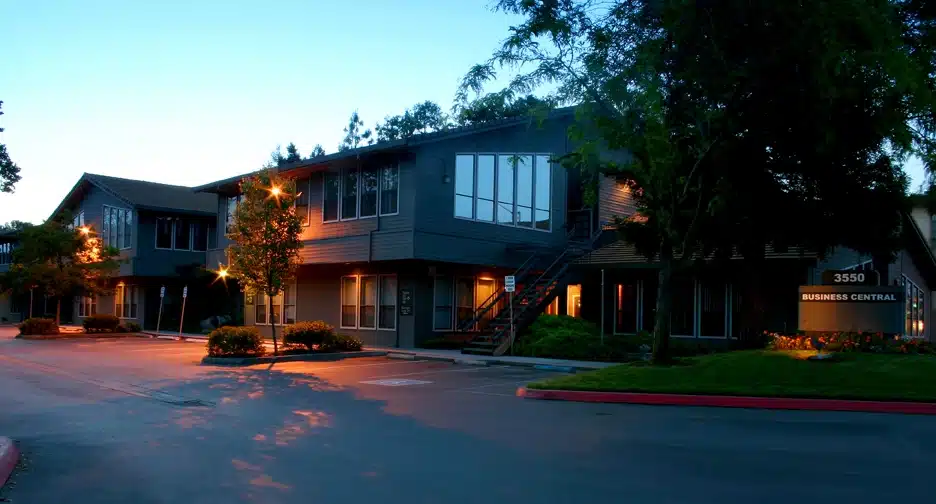
Don’t wait to get started with depression treatment. Our team of experienced psychiatrists and psychiatric nurse practitioners can get you started on your journey to mental wellbeing – get started today!.
